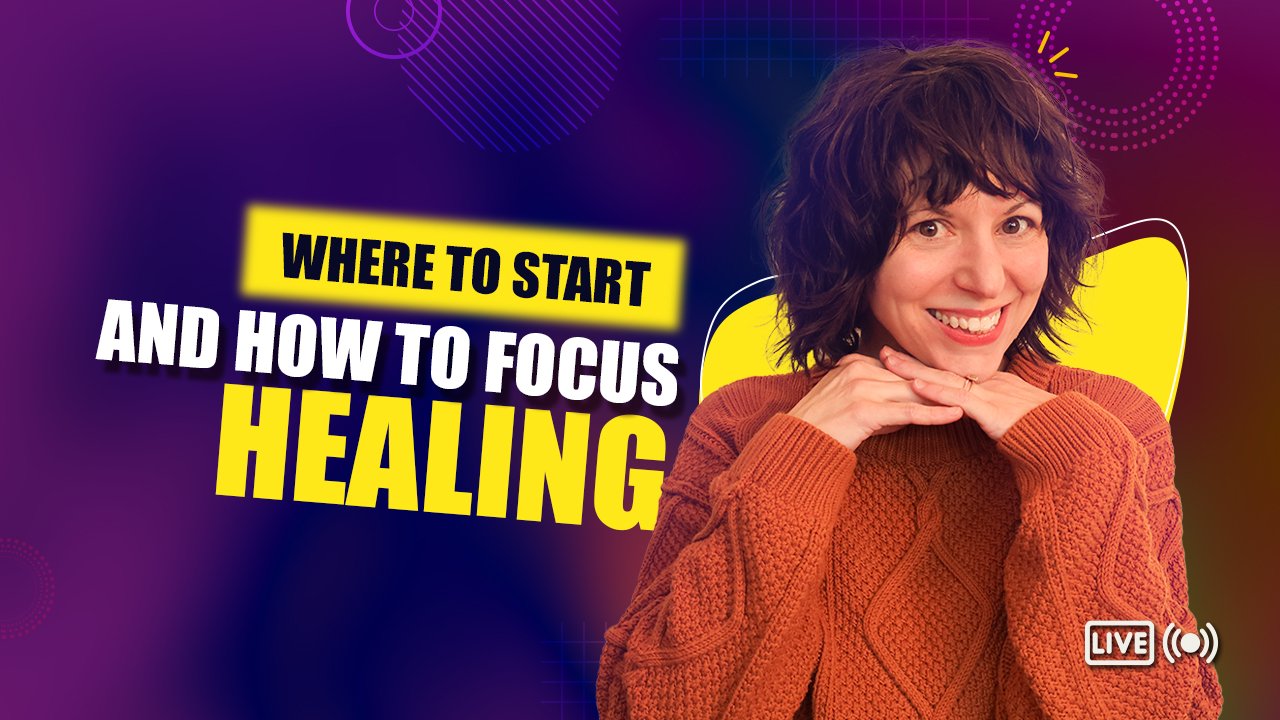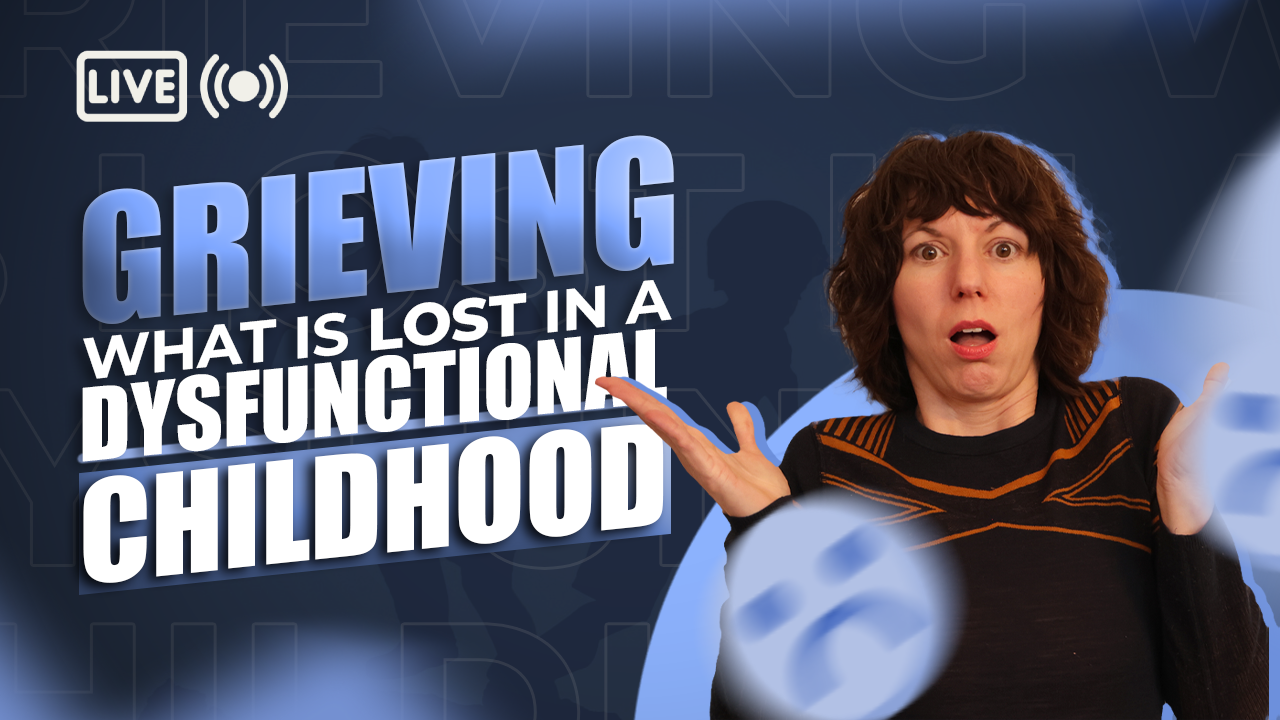Unveiling the Nuance of Munchausen by Proxy with Andrea Dunlop
In this episode I sit down with Andrea Dunlop to discuss a very important topic – Munchausen Syndrome by Proxy (MBP). Today she will be discussing her new podcast, Nobody Should Believe Me, which is an unprecedented look at a complex and deadly form of abuse, told from the perspective of those whose lives were turned upside down. Andrea is an author and consultant based out of Seattle, Washington, and she is a member of the American Professional Society on the Abuse of Children's Munchausen by Proxy committee. Andrea has a personal history with MBP, as her older sister has been investigated twice for it. She has been working to help people with MBP, and through her work, she has realized it is much more common than reported and is often caused by a need for attention. We discuss what the signs of Munchausen Syndrome by Proxy are, how to recognize it, and what can be done about it.
Munchausen Syndrome by Proxy
Munchausen Syndrome by Proxy (MSBP) is a form of child abuse that involves a caregiver fabricating or inducing illness in a child for attention or sympathy. It is a serious and potentially life-threatening condition that requires awareness, recognition, and support. In this blog post, we will discuss the signs of MSBP, its psychological impact on the abuser and victim, and the nuances that make it a complex and difficult issue to understand.
Recognizing the Signs of Munchausen Syndrome by Proxy
MSBP can be difficult to recognize as the symptoms and illnesses are often fabricated or induced by the caregiver. However, there are some signs to look out for, including:
Frequent and unexplained illnesses in the child
Illnesses that do not respond to treatment or that have unusual symptoms
A caregiver who is overly concerned or attentive to the child's health
A caregiver who is knowledgeable about medical procedures and terminology
A caregiver who is resistant to having others involved in the child's medical care
A caregiver who seems to enjoy the attention or sympathy they receive from others due to the child's illness.
The Psychological Impact of Munchausen Syndrome by Proxy
The abuser in MSBP often has a great need for attention and recognition, which can be met by exploiting their victim. They may also have poor relationships with family members and have difficulty connecting with others. The victim can experience physical, psychological, and emotional trauma. They may feel guilty and helpless and struggle to trust again. It is essential to provide victims with a safe space where they can receive support and understanding.
Understanding the Nuances of Munchausen Syndrome by Proxy
One of the nuances of MSBP is the emotional reward of getting attention and sympathy, which can be an incentive for those with MSBP. The need for attention and connection is a natural human need, yet it can be taken to an extreme in this form of abuse. Furthermore, the internet has made it easier for those with MSBP to access information and research, increasing the risk of this disorder. It is also important to recognize the slippery slope of attention-seeking and how it can lead to the extreme form of attention-seeking that is MSBP.
Andrea Dunlop's Work in the Field of Munchausen Syndrome by Proxy
Andrea Dunlop has personal experience with MSBP, as her older sister has been investigated twice for it. Through her work, she has realized that MSBP is more common than reported. She is writing a book to help families and professionals better understand MSBP. She is also developing resources to educate parents and professionals on the signs and symptoms of MSBP. Her passion and dedication to helping those affected by MSBP is inspiring, and her work is invaluable.
Conclusion
Munchausen Syndrome by Proxy is a complex and difficult issue to understand, but by recognizing the signs and nuances, we can begin to support those affected by it. It is essential to provide victims with an opportunity to receive support and understanding. Andrea Dunlop's work in the field of MSBP is a powerful voice in the movement to raise awareness and provide support to those affected. By working together, we can make a difference in the lives of those who have experienced this form of abuse.
Episode Tags
- ADD 1
- Abuse 14
- Alcohol 3
- Anger 9
- Bullying 5
- Childhood 37
- Codependency 8
- Covid 4
- Crystal Catalina 4
- Depression 15
- Detachment 2
- Disassociation 4
- Emotions 74
- Existentialism 2
- Faith 1
- Family 25
- Fatigue 4
- Focus 3
- Gratitude 11
- Grief 10
- Guilt 2
- Healers 7
- Healing 51
- High Sensation 4
- Hope 1
- Hypervigilance 7
- Introverts 6
- Lonliness 7
- Love 3
- Manifesting 5
- Manipulation 19
- Men 1
- Mindfulness 38
- Money 10
- Music 3
- Nutrition 2
- Overthinking 8
- PTSD 11
- Parenting 12
- People Pleasing 7
- Perfectionism 6
- Pets 4
- Relationships 13
- Resiliency 12
- Sadness 1
- Self Esteem 16
- Self Love 11
- Self Respect 1
- Self-Care 24
- Sex 1
Upcoming Events
Episode Tags
- ADD 1
- Abuse 14
- Alcohol 3
- Anger 9
- Bullying 5
- Childhood 37
- Codependency 8
- Covid 4
- Crystal Catalina 4
- Depression 15
- Detachment 2
- Disassociation 4
- Emotions 74
- Existentialism 2
- Faith 1
- Family 25
- Fatigue 4
- Focus 3
- Gratitude 11
- Grief 10
- Guilt 2
- Healers 7
- Healing 51
- High Sensation 4
- Hope 1
- Hypervigilance 7
- Introverts 6
- Lonliness 7
- Love 3
- Manifesting 5
- Manipulation 19
- Men 1
- Mindfulness 38
- Money 10
- Music 3
- Nutrition 2
- Overthinking 8
- PTSD 11
- Parenting 12
- People Pleasing 7
- Perfectionism 6
- Pets 4
- Relationships 13
- Resiliency 12
- Sadness 1
- Self Esteem 16
- Self Love 11
- Self Respect 1
- Self-Care 24
- Sex 1
























